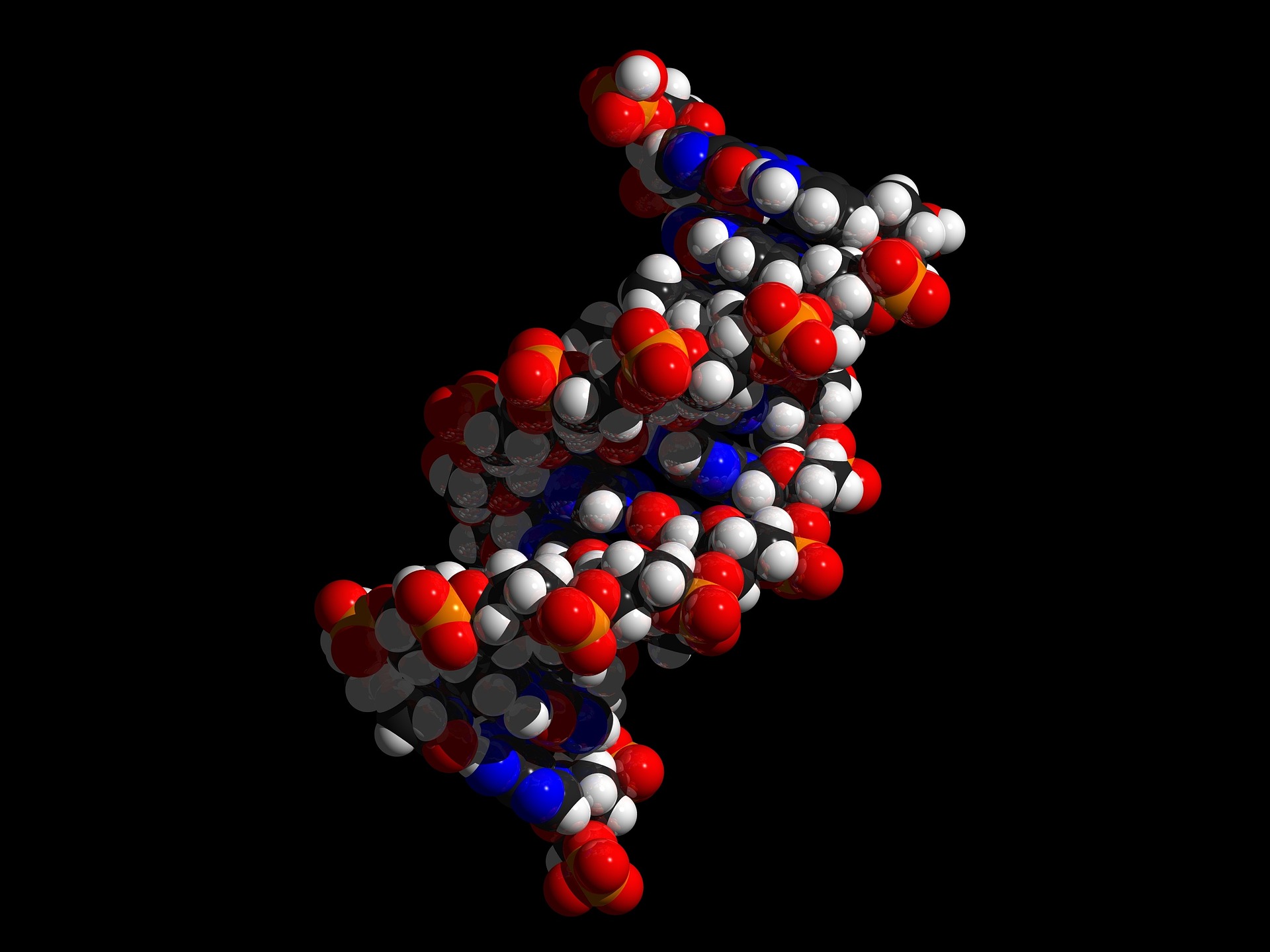Genetics and behaviour
Essential understandings
- Patterns of behaviour may be inherited as a means of adapting to our environment and increasing our chance of survival.
- Behaviour is the interaction of genetic inheritance and environmental factors.
- There are important ethical considerations in the use of genetic research and testing.
- Technology has furthered our understanding of the role of genetics on behaviour.
 Behavioural genetics deals with understanding how both genetics and the environment contribute to individual variations in human behaviour. We inherit our genetic material – that is, DNA – from our parents. However, when psychologists argue that behaviour may be inherited, what exactly does that mean? What is inherited is the genes that give rise to the development of specific physiological processes that contribute to specific traits and behaviour. It is not probable that a single gene is responsible for such complex behaviours as intelligence, criminal behaviour, altruism, or attachment. Instead, what is inherited may be the building blocks for such complex behaviours.
Behavioural genetics deals with understanding how both genetics and the environment contribute to individual variations in human behaviour. We inherit our genetic material – that is, DNA – from our parents. However, when psychologists argue that behaviour may be inherited, what exactly does that mean? What is inherited is the genes that give rise to the development of specific physiological processes that contribute to specific traits and behaviour. It is not probable that a single gene is responsible for such complex behaviours as intelligence, criminal behaviour, altruism, or attachment. Instead, what is inherited may be the building blocks for such complex behaviours.
Psychologists argue that an individual may have a genetic predisposition towards a certain behaviour; however, without the appropriate environmental stimuli, the gene is not “turned on” and the behaviour is not expressed.
For example, in the study of abnormal behaviour, the diathesis-stress model is used to explain the origin of depression. This model argues that depression may be the result of the interaction of a “genetic predisposition” and environmental stress. The model predicts that an individual with certain genes, when exposed to a stressful environment, is more likely to develop depression than someone who does not have those genes. This knowledge has been useful in understanding why not all people develop depression following a traumatic childhood, even if they have a sibling who becomes depressed. It also illustrates the complexity of the problem and that there is no single cause-and-effect relationship between genes and behaviour.
The diathesis–stress model is a psychological theory that attempts to explain behaviour as a predispositional genetic vulnerability expressed as a result of stress from life experiences.
Genetic arguments of behaviour are based on the principle of inheritance. Genes and their DNA are passed down from parents to their offspring, with 50% of our genes being inherited from each parent. Humans have 23 pairs of chromosomes, with approximately 20.000 – 25.000 genes. We now know this number as a result of the worldwide research initiative started in 1990 called the Human Genome Project. The goal of this project was to map and sequence the human genome. This incredible project was completed in 2004. However, although the mapping of human genes could be an important step in understanding the complexity of human behaviour, as well as developing treatments for specific disorders, the exact role of specific genes in many behaviours remains unknown. Although you can undergo genetic testing for some medical conditions, the same is not entirely true for a disorder like depression.
ATL: Research and inquiry
There are many behaviours that psychologists believe may be genetic in nature. Three of these behaviours are aggression, homosexuality, and intelligence.
Choose one of these behaviours and do some research on what psychologists think is the degree of genetic influence. How do they know this? What is one criticism you have of the research you found?
Checking for understanding
Those who study the role of genetics in human behaviour make the assumption that
Genetics lead to the inheritence of biological traits that may result in behaviour. Psychologists do not believe that behaviour is the result of a single gene, but most probably the interaction of several genes and the environment.
The theory that our genes make us vulnerable to certain behaviours that may develop as a result of environmental stimuli is called ...
The key accomplishment of the Human Genome Project was

 IB Docs (2) Team
IB Docs (2) Team
